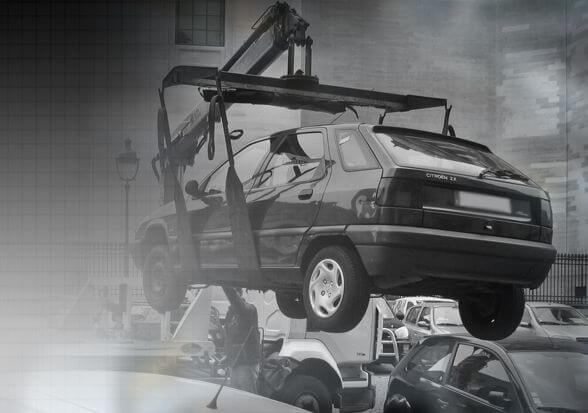If the person dies and he has left a car or he has a vehicle in the Will, then that needs to be sold
Selling a deceased person’s car might be challenging; this blog will discuss how an executor will sell a dead person’s car.
When someone dear to you dies and you are the chosen executor of their estate, you are likely to feel a range of emotions. When trying to settle the estate of a loved one, people often feel stressed, sad, confused, and annoyed by the probate process. Being an executor means juggling many tasks, like taking care of the dead person’s things that are still around.
This can include keeping and repairing real estate and antiques, making sure heirs get their inheritances, and selling assets if an estate needs to pay off its debts.
It is your job as an executor to follow the directives of the Will and act in the best interests of the beneficiaries and the estate. If the will says that a certain item, like a Car, should go to a certain person, or if the deceased and the beneficiary owned the car together, you must make sure that the item goes to the person who is named as the beneficiary.
But if the asset is just in the name of the person who died, you can take care of it in the best interests of the estate. And if the estate is heavily in debt and you need to sell assets to pay it off, you have the authority to do so if there are no beneficiaries.

Deceased Estate Motor
How to Sell a Deceased Person’s Car when there is no desire
If the deceased died without a will, they are said to have died “Intestate.”
Their estate still needs to be taken care of, and the probate court in the county or state where they lived at the time of their death will name an estate administrator, which is the same thing as an executor.
Usually, the next of kin of the person who died asks the court to be made the administrator. Once an administrator is selected, he or she must petition for probate and get letters of administration from the court, which will grant them legal authority to settle the estate and handle any prospective asset sales.
When there is a Will, there is a Way
If there is a will, the person named in the Will as estate executor must legally apply for probate with the relevant probate court by submitting the will, a copy of the death certificate, and a petition for probate.
The executor will obtain testamentary letters from the court after the petition is authorized. These papers give the executor the legal right to take possession of the car, run it, or sell it.
Once you’ve got the letters of administration or testamentary, you’ll need to collect the car’s title and have it transferred to you. If the person who died didn’t have this document, you can get it from the Department of Motor Vehicles or the Ministry of Transportation. You are now the legal owner of the vehicle. As the executor, you must next perform the following actions before Selling The Vehicle:
Cancel the Car’s Existing Insurance
Because your loved one most likely had auto insurance for the vehicle (basic auto insurance is required in many regions, after all), the first step will be to terminate the policy.
This is when the letters of testamentary or administration will likely come in helpful, because an insurer may refuse to cancel the policy on the deceased’s behalf otherwise. A copy of the death certificate will almost certainly be required as well.
Examine the Vehicle for any Outstanding Loans
The next thing you’ll have to do as executor is determined whether your loved one had any outstanding automobile debts. When you sell the car, the title must be clear. This signifies that the vehicle is free of any outstanding obligations.
If there is debt (such as an outstanding title loan), you will have to pay it from the deceased’s inheritance.
Complete the Sale
You’re now ready to sell. Remember that you must sell the vehicle at a reasonable market value. Once you’ve found a buyer, you and the buyer sign a transfer of title agreement with the agreed-upon amount. The name of this agreement may change depending on where you’re doing the deal.
You’ll also need to show that the vehicle is debt-free. If the vehicle was previously used for a title loan but that loan has since been paid off in full, you should get a release of lien letter from the lending company.
In some cases, like when the car is fairly new, a notarized bill of sale is also needed. It can be hard to decide whether to sell the car of a loved one who has died, especially if the person’s heirs wanted to keep the car even though they were not listed as beneficiaries or joint owners.
If you are an estate executor who is now trying to manage the assets in your loved one’s estate, you are not alone. Our specialised team of estate professionals can assist you in navigating various estate settlement issues for a fraction of the cost of a lawyer. Schedule a free appointment with us today to learn how we can assist you.
Contact Sydney Car Removals at 0477 964 311 / 0413504140.



